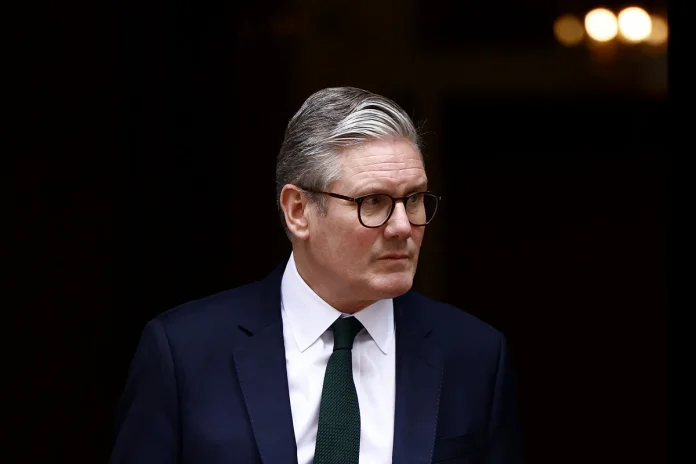The British Labour Party is celebrating 100 days in office after a landslide victory against the Conservative government.
British Prime minister Keir Starmer emerged victorious in the election by a large margin and returned the Labour Party to power after 14 years, delivering on promises to end years of turmoil and scandal under the Conservative government, restore Britain’s sluggish economic growth and get public services back on track. Starmer’s personal approval rating has plummeted in the wake of economic hardship, gift-accepting and unfulfilled promises.
The Labour Party is now only slightly more popular than the Conservative Party, which voters rejected after years of strife and scandal.
The government claims a successful start by ending long-running strikes by doctors and railway workers, setting up a state-owned clean energy company, cancelling a controversial Conservative plan to deport asylum seekers to Rwanda and introducing bills to strengthen workers‘ and tenants’ rights.
Starmer travelled to Washington, the United Nations and European capitals in a bid to show London is back after years of internal wrangling over Brexit. But Britain has been jostling with crises at home, including days of anti-immigrant violence that erupted in cities and towns across England and Northern Ireland over the summer.
The major challenge remains an extremely sluggish economy, hit by rising public debt and low growth, which was just 0.2 per cent in August, according to official figures. Starmer warned that things will be “tough” in the short term before things improve. Public spending was to be constrained by the £22 billion “black hole” in the public finances left by the Conservatives, according to him.
The sharply negative reaction from Labour MPs and sections of the public came after the government’s decision to strip millions of pensioners of the payment designed to help them heat their homes in winter. The intention to take such tough economic decisions is in stark contrast to news of Starmer accepting thousands of pounds worth of clothes and designer glasses from a wealthy Labour Party donor, while other officials accepted various donations.
The government is now focusing on 30 October, when Treasury Chief Rachel Reeves will present her first budget. The government relies on a mix of public and private investment to boost economic growth, but it needs to find billions for the task. It has ruled out raising income tax, sales tax or corporation tax.
The Labour Party expects to be able to make painful decisions early on and then turn the tide by showing the economy is growing and living standards are improving. And it has time – there should be no new elections until 2029.
